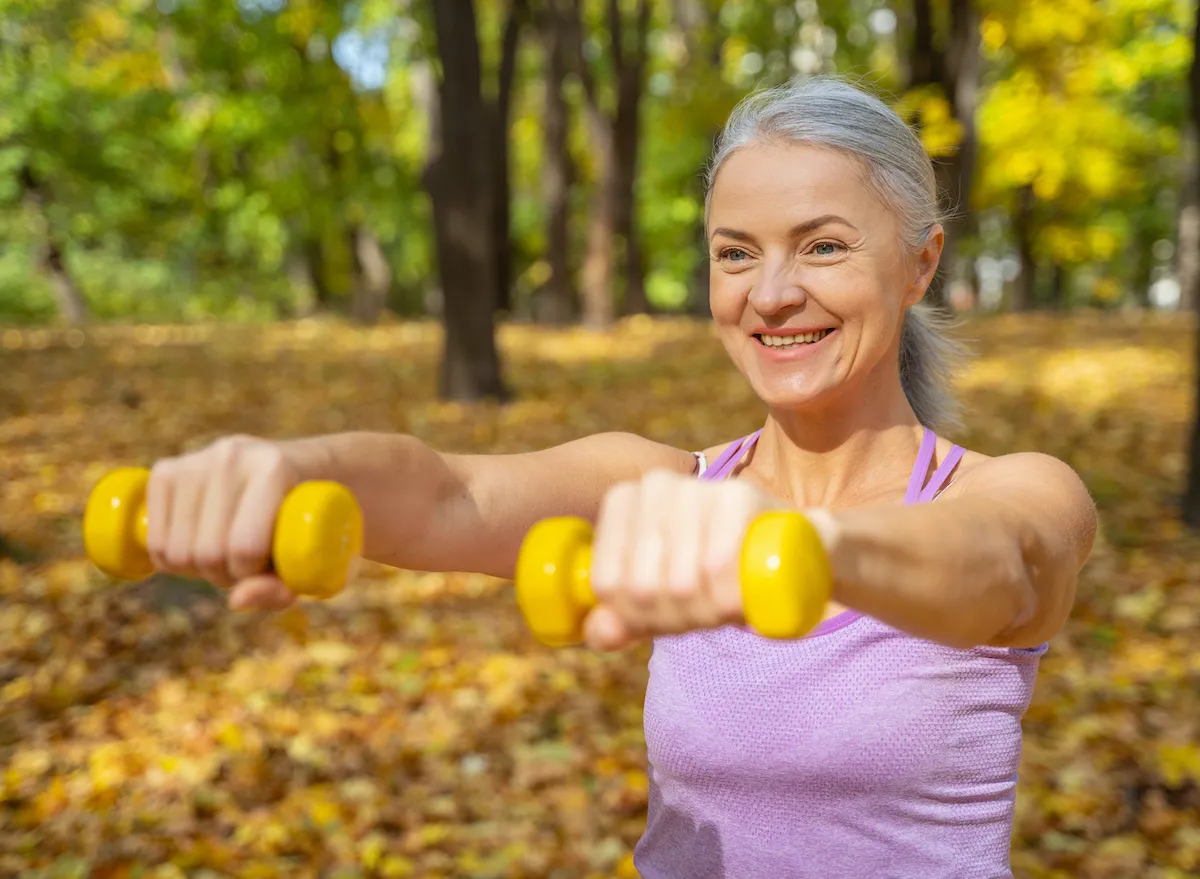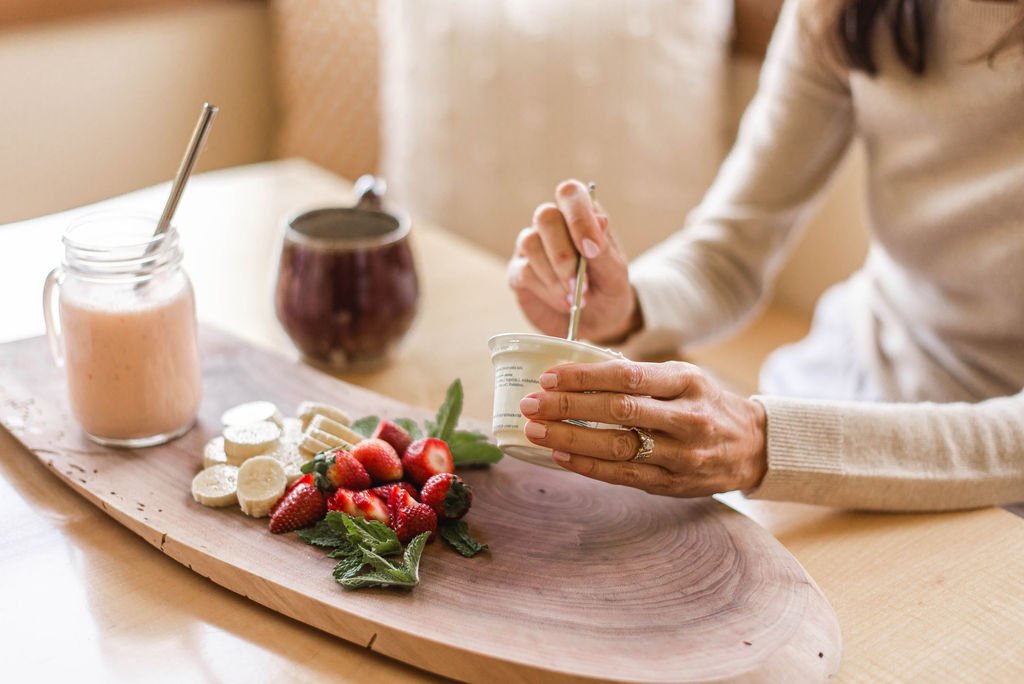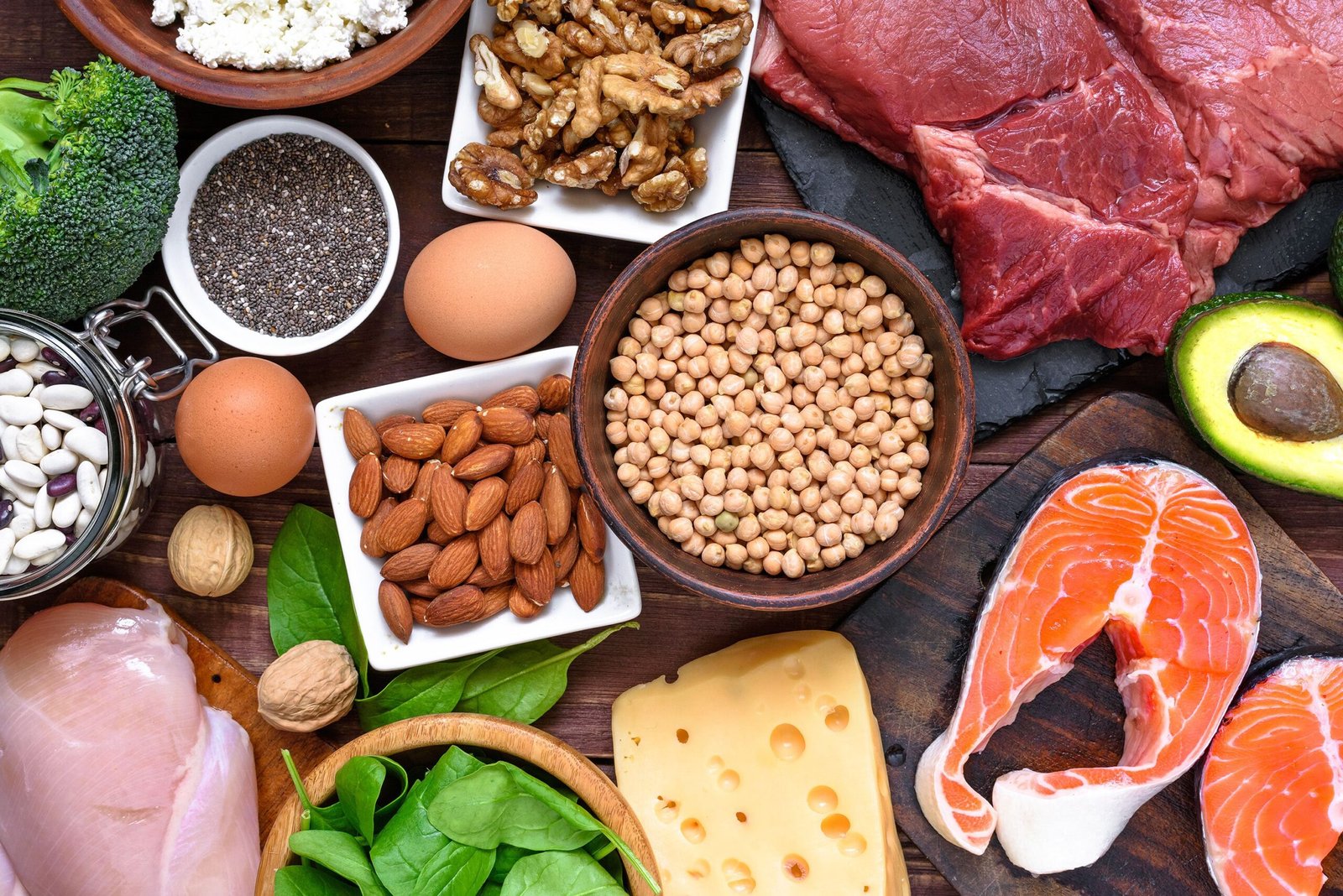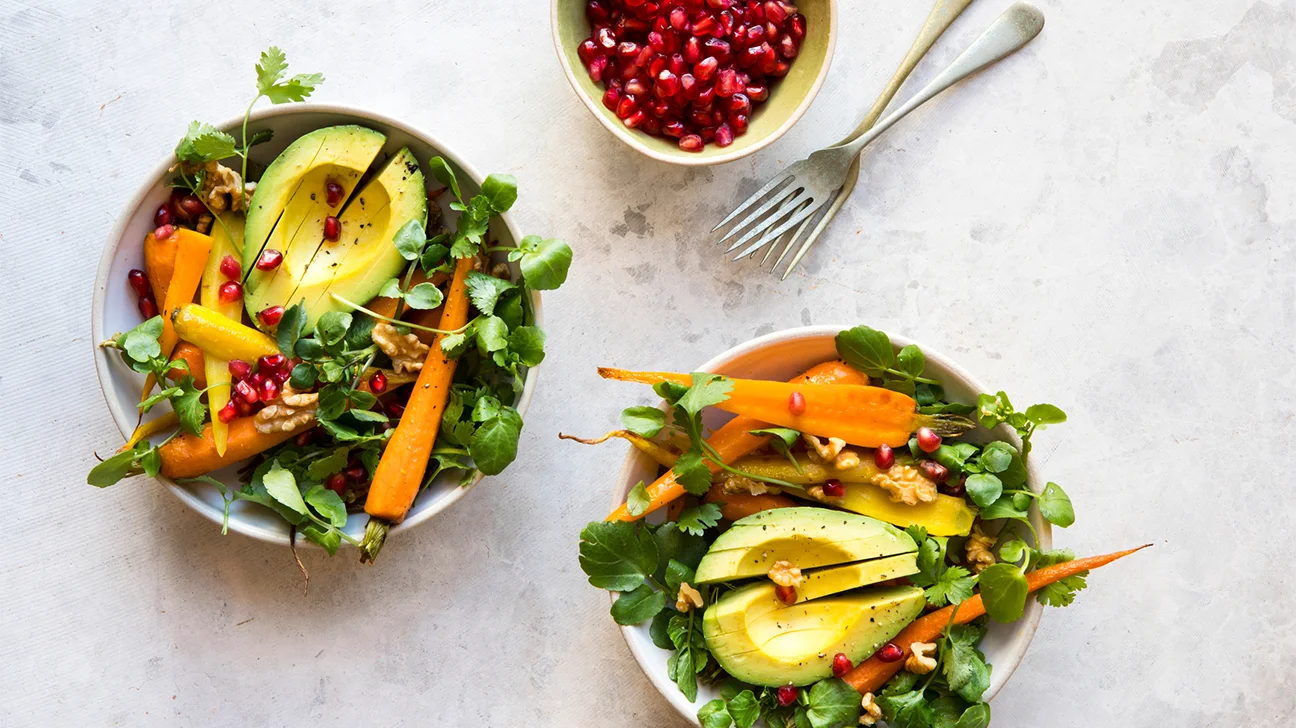For women over 50, maintaining a balanced diet becomes essential to support overall health, with a focus on nutrients that aid bone density, heart health, and energy levels. The National Institute on Aging highlights that foods rich in calcium, vitamin D, protein, and fiber are especially important for postmenopausal women to prevent osteoporosis and promote cardiovascular wellness.
Table of Contents
Women’s nutritional needs change as they age, so they need a varied diet to support their overall health and well-being. Some of the problems women over 50 face include hormonal changes, brittle bones, a slower metabolism and an increased risk of chronic diseases. To combat these problems and stay healthy, you need a healthy diet. In this article you can read everything you need to know about healthy nutrition for women over 50.
How to Determine Nutritional Needs After Age 50
As people age, their bodies undergo dramatic changes that affect what they should eat. During menopause, hormonal changes can affect bone density, muscle strength and metabolism. In addition, there is an increased risk of developing long-term conditions such as diabetes, heart disease and osteoporosis. A healthy, balanced diet can help reduce these risks by providing you with the nutrients you need to be healthy.
Nutrient-dense Foods
Nutrient-rich foods contain high amounts of vitamins, minerals and other important nutrients in relation to the calories they contain. By eating a range of these foods, women over 50 can ensure they get enough nutrients without eating too many calories.
Vegetables and Fruits
Fruits and vegetables contain large amounts of vitamins, minerals, fiber and antioxidants. They improve health by reducing the risk of chronic diseases and reducing inflammation. Try to fill half your plate with fruits and vegetables in different colors at each meal. Dark leafy greens, berries, citrus fruits and cruciferous vegetables like Brussels sprouts and broccoli are some of the best foods for you.
Whole Grain
Whole grains, such as brown rice, quinoa, oats and whole wheat, are rich in fiber, which helps the body digest food and keep blood sugar levels stable. Switching from refined grains to whole grains can help with weight management and protect your heart.
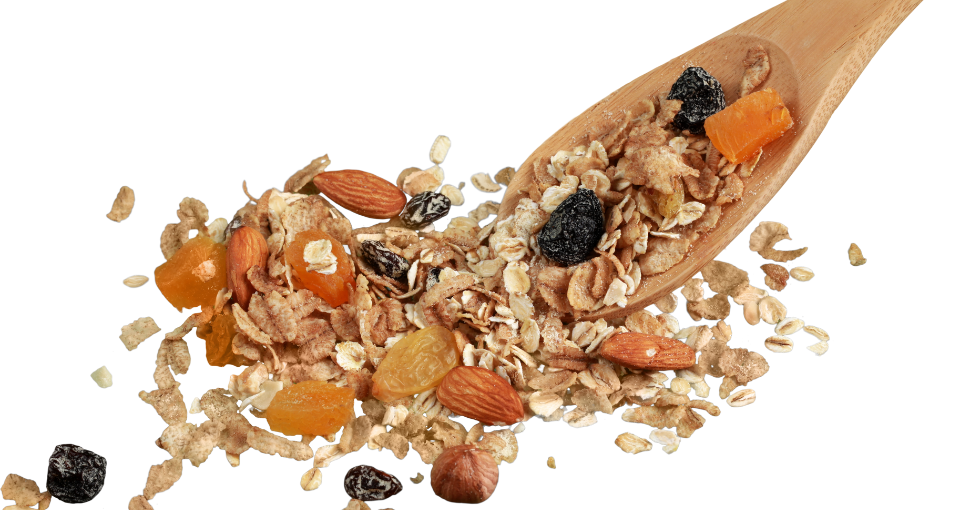
Protein
As people get older, their muscle mass begins to decrease. Protein is important for maintaining muscle mass. Fish, chicken, beans and low-fat dairy products are all good sources of lean protein. Salmon and mackerel are good choices because they are rich in omega-3 fatty acids, which are good for your heart.
Bone Health
Women over 50 are more likely to develop osteoporosis, so bone health is very important for them. Making sure you get enough calcium and vitamin D is important to keep your bones strong and compact.
Calcium
Dairy products such as milk, yogurt and cheese contain large amounts of calcium. If you can’t tolerate lactose or simply don’t like dairy, you can try concentrated plant-based milks such as almond, soy or oat milk. Calcium is also found in almonds, tofu and green leafy vegetables.
Vitamin D
Vitamin D is important for bone development and calcium absorption. Although spending time in the sun helps your body produce vitamin D, it may not be enough for some people, especially older adults. Eat foods rich in vitamin D, such as egg yolks, fatty fish and fortified cereals. Consider taking vitamins if you think you need them, but talk to your doctor first.
Healthy Weight
As we age, our metabolism slows down, making it harder to control the weight. A balanced diet can help you maintain a healthy weight and keep your metabolism healthy.
Portion Control
Portion control is very important if you don’t want to eat too much. To stop inactive eating, use smaller plates, pay attention to when you’re hungry and full, and don’t eat in front of the TV or computer.
Daily Meals & Snacks
Eating healthy snacks and regular meals throughout the day helps keep your metabolism stable and prevents you from overeating. Eat a mixture of protein, healthy fats and complex carbohydrates at each meal to keep your energy levels high and your stomach full.
Healthy Heart
The risk of heart disease increases with age, so it’s important to eat in a heart-healthy way.
Good fats
Eat more healthy fats, such as those found in olive oil, nuts, seeds, bananas and other nuts and seeds. These fats can lower the levels of bad cholesterol in the body and reduce the risk of heart disease. Trans fats are commonly found in processed and fried foods. Herbal teas and water-rich fruits and vegetables can also help you stay hydrated.
Get fiber
Consuming enough fiber is good for gut health and helps prevent constipation, which is common as we age. Whole grains, fruits, vegetables, beans and legumes are all fiber-rich foods you should eat.
Get rid of empty calories
Sugary drinks, sweets and processed snacks can cause you to gain weight and not get enough nutrients. Reduce your intake of these foods and focus on foods that are nutrient-dense and contain important vitamins and minerals.
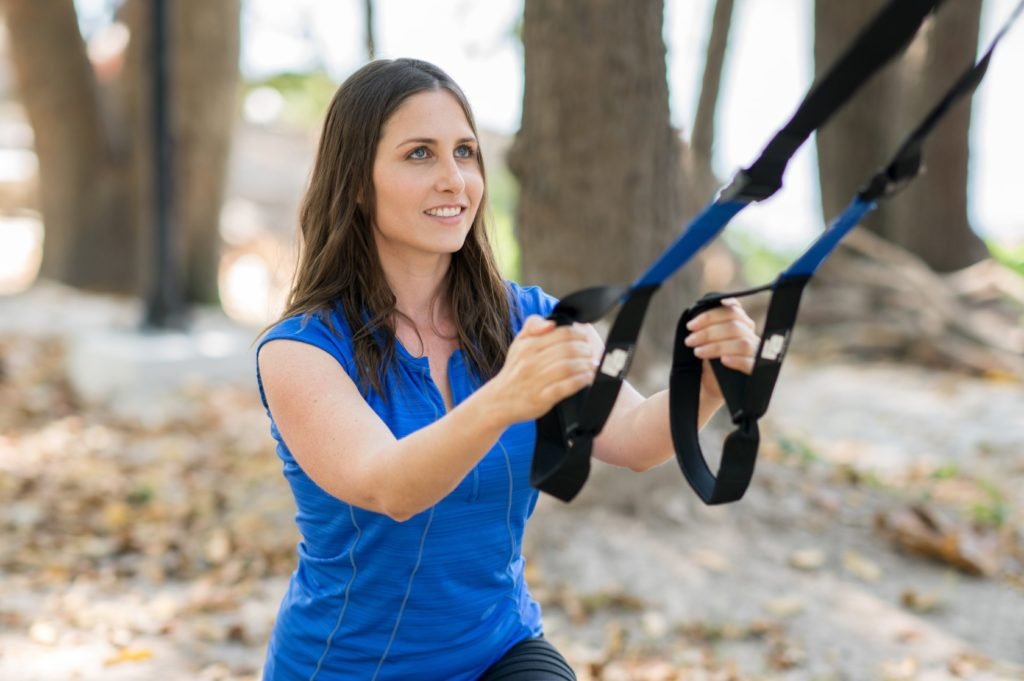
Exercise often
Healthy eating is important, but exercising daily is even better for your health. Aim for at least 150 minutes of moderate aerobic exercise or 75 minutes of vigorous exercise per week. Perform strength training to maintain muscle mass and keep your metabolism healthy.
Conclusion
For women over 50, healthy eating means focusing on nutrient-rich foods, prioritizing bone and heart health, managing weight, staying hydrated and maintaining healthy digestion. Women over 50 can improve their overall health, reduce their chances of chronic disease, and live full, healthy lives by following these dietary habits and exercising regularly. Remember that you can always change your diet and lifestyle for the better.
Disclaimer: The content in this article is based on my personal experiences and is intended for informational purposes only. I am not a doctor or medical professional. Always consult with a healthcare provider before making any changes to your exercise routine or lifestyle, especially if you have any health concerns or conditions.
My mission is to celebrate the wisdom, resilience, and vitality of women as they navigate menopause, embrace life’s transitions, and step confidently into the next phase. Whether you’re exploring ways to stay fit, looking for health tips to prevent common issues, seeking inspiration for a fulfilling lifestyle, or simply wanting guidance on diet, I’ve got you covered.
Dive into our articles on fitness, health, lifestyle, nutrition and more to find the support and insights you need!

